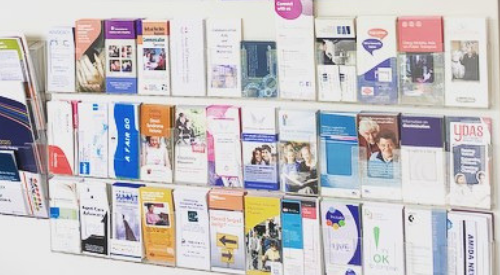IMAGINE NOT BEING ABLE TO SPEAK…
or make yourself understood…
People with communication support needs are some of the most marginalised and vulnerable within our community; if you cannot tell others what you need or want, or speak up for your rights, then you are open to abuse, neglect, isolation, and disempowerment.
At Communication Rights Australia, we work to eliminate these barriers that prevent people with communication support needs from expressing their thoughts and having control over their lives.
To assist people in knowing their rights, having their voice heard, and ultimately taking control of their lives, we provide the following services based on our human rights framework:
Systemic Advocacy
Communication Rights seeks to influence and change a ‘system’ that adversely affects people with with communication support needs. We seek to reform legislation, government policy and community attitudes by raising awareness of issues and of international and domestic laws that guarantee the protection of all relevant human rights to remove the barriers and discriminatory practices that impact on the rights of people with communication support needs.
Specialist Information
Information is used every day to make decisions about our life: activities, relationships, community involvement, consumables, services, and technology. Acquiring information to make choices is difficult for our community because of where information is provided, how it is provided, and the way the spoken message is delivered. We provide rights-related, accessible information in all areas of life in a manner that is easy to understand and accessible to
Community Education
Communication Rights provides training and education for people with disability and their associates, service providers, government and the public about the rights of, and how to, support individuals with complex communication needs. i
Projects
Communication Rights partners with government departments and private companies in a wide range of projects that aim to empower, create awareness of, or inclusion of people with communication support needs. In the past, projects have also addressed the barriers that exist within the community for people with little or no speech. This work is supported in part by grants of financial assistance from both the State and Commonwealth Governments, which we acknowledge with appreciation.




